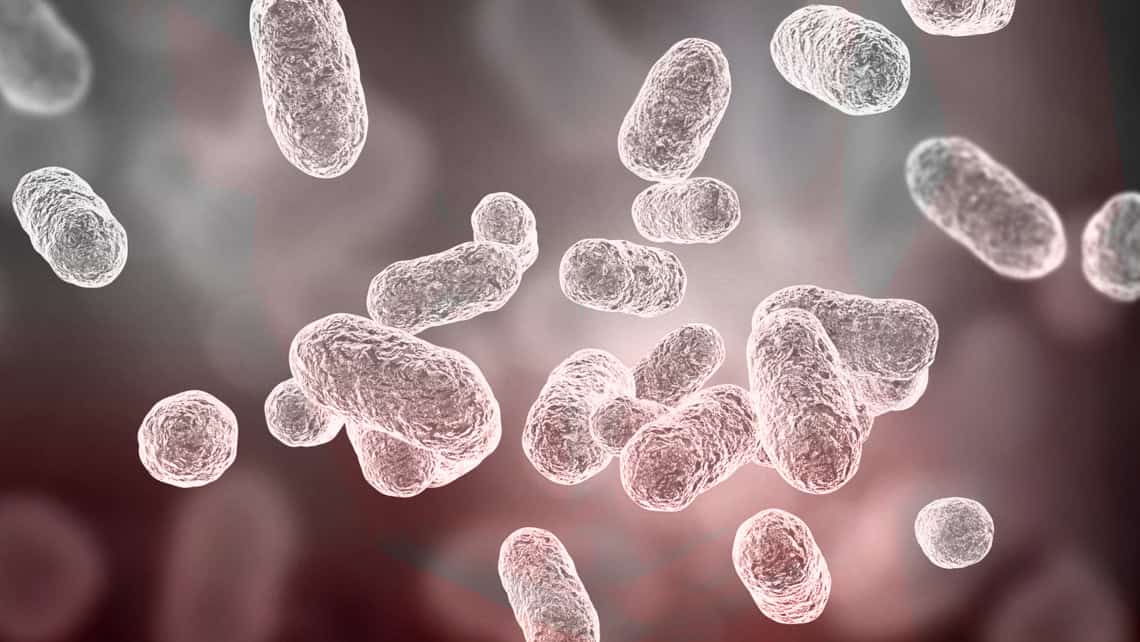
The Microbiome and Fertility: A Key Relationship
The microbiome is the collection of microorganisms that live in our bodies and influence important functions like digestion, immunity, and protection against infections. In recent years, it has been discovered that it also plays a very important role in reproductive health.
Why Is the Microbiome Important for Fertility?
In the female reproductive tract, certain „good“ bacteria, such as Lactobacillus, help maintain a balanced and healthy environment.
- When lactobacilli are predominant, the uterus and vagina have better conditions to promote embryo implantation.
- Conversely, an alteration of the microbiome (called dysbiosis) can promote inflammation, infections, and difficulties for the embryo to implant correctly.
What Have Studies Shown?
- Women with repeated implantation failure (RIF) or recurrent pregnancy loss (RPL) often have a greater diversity of bacteria, with a lower presence of lactobacilli.
- This situation can create an environment that is less receptive to pregnancy.
Can It Be Treated?
Our knowledge of the microbiome is advancing rapidly. Today, tests are being developed to analyze the vaginal and endometrial microbiota, with the goal of better personalizing treatments and promoting implantation and the progression of pregnancy. At Instituto Bernabeu, we are currently conducting a study to demonstrate the effectiveness of treatments in cases of dysbiosis and their impact on implantation.
Conclusion
A balanced microbiome is key to fertility. Taking care of your lifestyle habits, avoiding the unnecessary use of antibiotics, and having specific studies done in cases of infertility or recurrent loss can make all the difference.
At our clinic, we have the latest tools to evaluate and care for the microbiome, thus improving your chances of success on your path to pregnancy.
Dr. Ruth Romero, Gynaecologist and director of the Implantation Failure and Recurrent Miscarriage Unit at Instituto Bernabeu.
